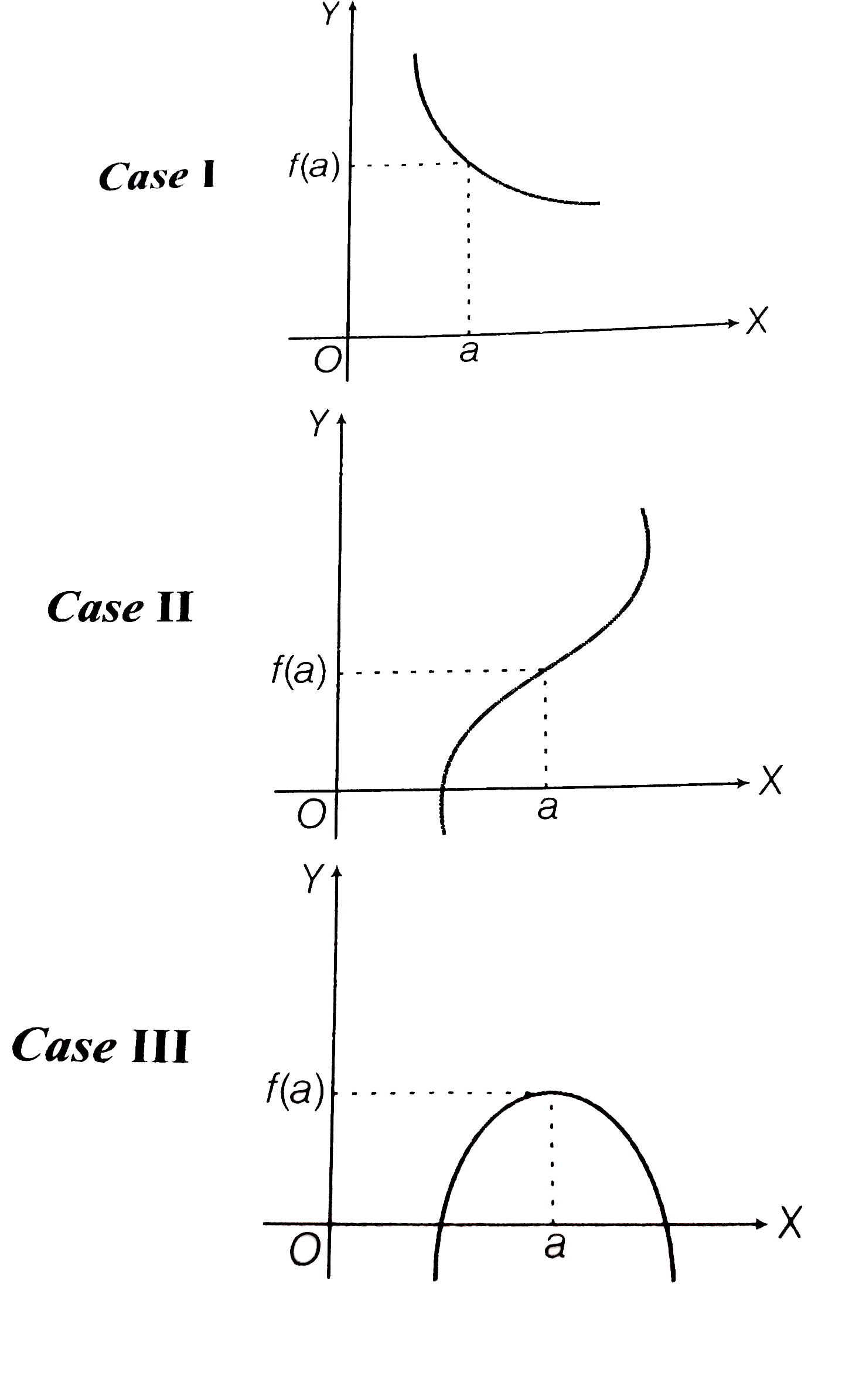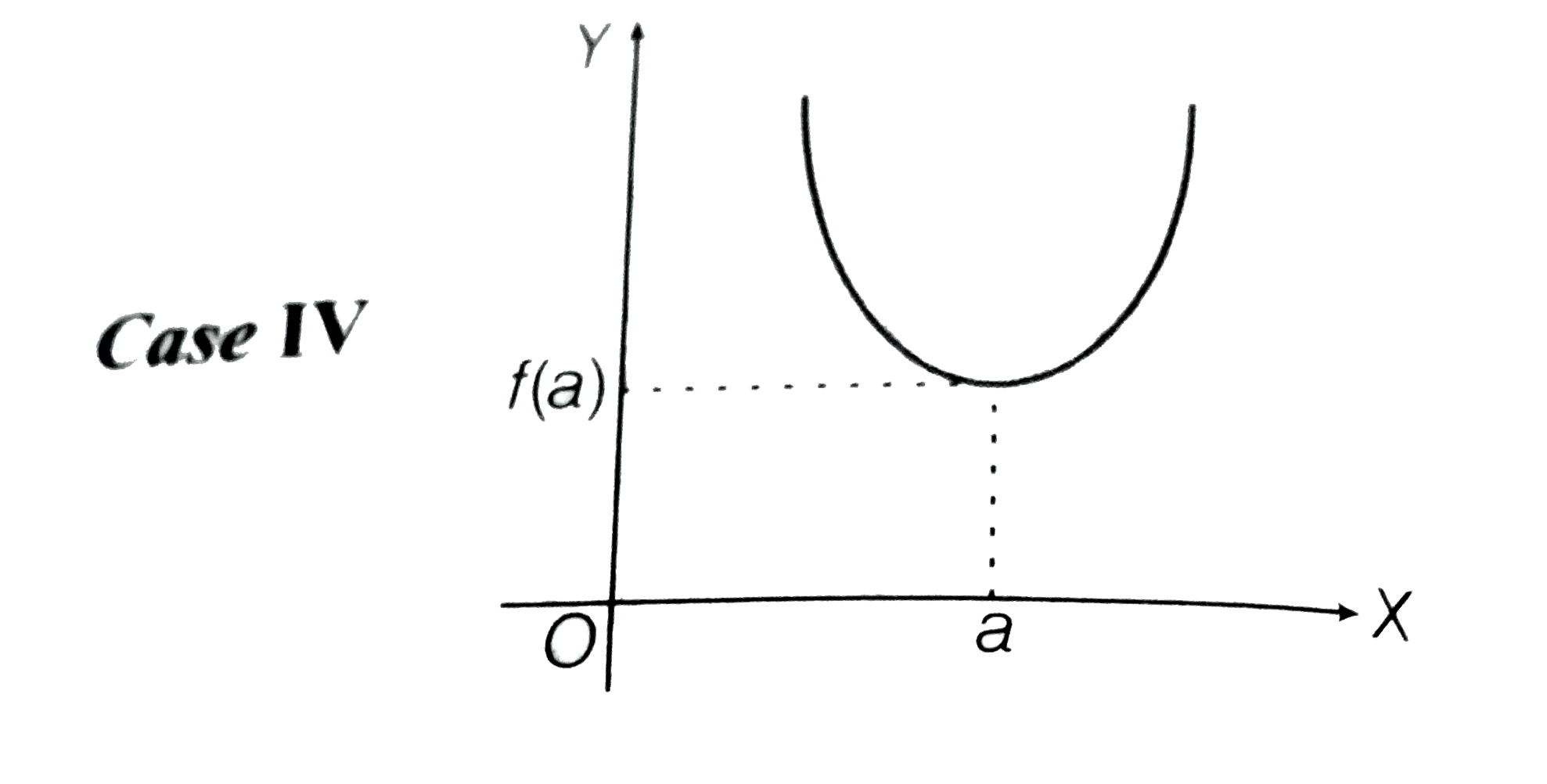The polynomial of least degree such that limx→0(1+x2+f(x)x2)1/x=e2 is Solution in Punjabi
x2
x3+2x2
−x2+2x3
None of these
The correct Answer is:C
Step by step video & image solution for The polynomial of least degree such that lim_(xto0)(1+(x^(2)+f(x))/(x^(2)))^(1//x)=e^(2) is by Maths experts to help you in doubts & scoring excellent marks in Class 12 exams.
Updated on:21/07/2023Topper's Solved these Questions
- LIMITSBOOK - ARIHANT MATHSCHAPTER - LIMITSEXERCISE - Exercise (More Than One Correct Option Type Questions)
15 Videos
- LIMITSBOOK - ARIHANT MATHSCHAPTER - LIMITSEXERCISE - Exercise (Passage Based Questions)
10 Videos
- LIMITSBOOK - ARIHANT MATHSCHAPTER - LIMITSEXERCISE - SOLVED EXAMPLES
1 Videos
- INVERSE TRIGONOMETRIC FUNCTIONSBOOK - ARIHANT MATHSCHAPTER - INVERSE TRIGONOMETRIC FUNCTIONSEXERCISE - Exercise (Questions Asked In Previous 13 Years Exam)
8 Videos
- LOGARITHM AND THEIR PROPERTIESBOOK - ARIHANT MATHSCHAPTER - LOGARITHM AND THEIR PROPERTIESEXERCISE - Exercise (Questions Asked In Previous 13 Years Exam)
4 Videos
Similar Questions
If limx→∞4x(π4−tan−1(x+1x+2))=y2+4y+5 then y can be equal to
View SolutionIf limx→af(x)=1 and limx→ag(x)=∞ then limx→a{f(x)}g(x)=elimx→a(f(x)−1)g(x)
limx→0(sinxx)sinxx−sinx is equal to
View SolutionTo evaluate limx→a[f(x)], we must analyse the f(x) in right hand neighbourhood as well as in left hand neighbourhood of x=a. E.g. In case of continuous function, we may come across followign cases.


Iff(a) is an integer, the limit will exist in Case III and Case IV but not in Case I and Case II. If f(a) is not an integer, the limit exists in all the cases. ltbgt If f'(1)=−3 and limx→1[f(x)−12] does not exist, (where [.] denotes the greatest integer function), then
View SolutionIf α=3sin−1(611andβ=3cos−1(49), where the inverse trigonometric functions take only the principal values, then the correct options (s) is (are)
View SolutionIn Which quadrant Point (−2,−3) will be lie.
View SolutionIf f(x) is a polynomial of least degree,such that lim_(x rarr0)(1+(f(x)+x^(2))/(x^(2)))^((1)/(x))=e^(2), then f(2) is
View SolutionLet f(x) be a polynomial of least degree such that lim_(x rarr0)(1+(x^(4)+f(x^(2)))/(x^(3)))^(1/x)=e^(3), then write the value of f(3)
View SolutionEvaluate limx→0ex−1−xx2.
View Solutionlimx→0(ex+e−x−2x2)1/x2 is equal to
View SolutionWhat is limx→0ex−(1+x)x2 equal to?
View SolutionStatement 1: If limx→0{f(x)+sinxx} does not exist then limx→0f(x) does not exist.
Statement 2: limx→0(e1/x−1e1/x+1) does not exist.
View SolutionThe polynomial of least degree such that limx→0(1+x2+f(x)x2)1/x=e2 is
View Solutionयदि f(x)=ax+bx+1,limx→0f(x)=2 व limx→∞f(x)=1 तो सिद्ध कीजिए कि f(−2)=0
View Solutionlimx→0ex+log(1+x)−(1−x)−2x2 का मान है-
View SolutionFind a polynomial of least degree, such that limx→o(1+x2+f(x)x2)1/x=e2
View Solutionlimx→0ex+log(1+x)−(1−x)−2x2 का मान-है
View Solution
